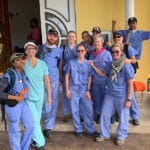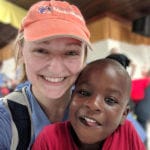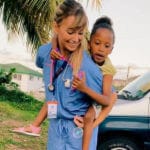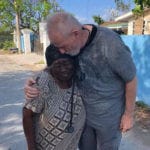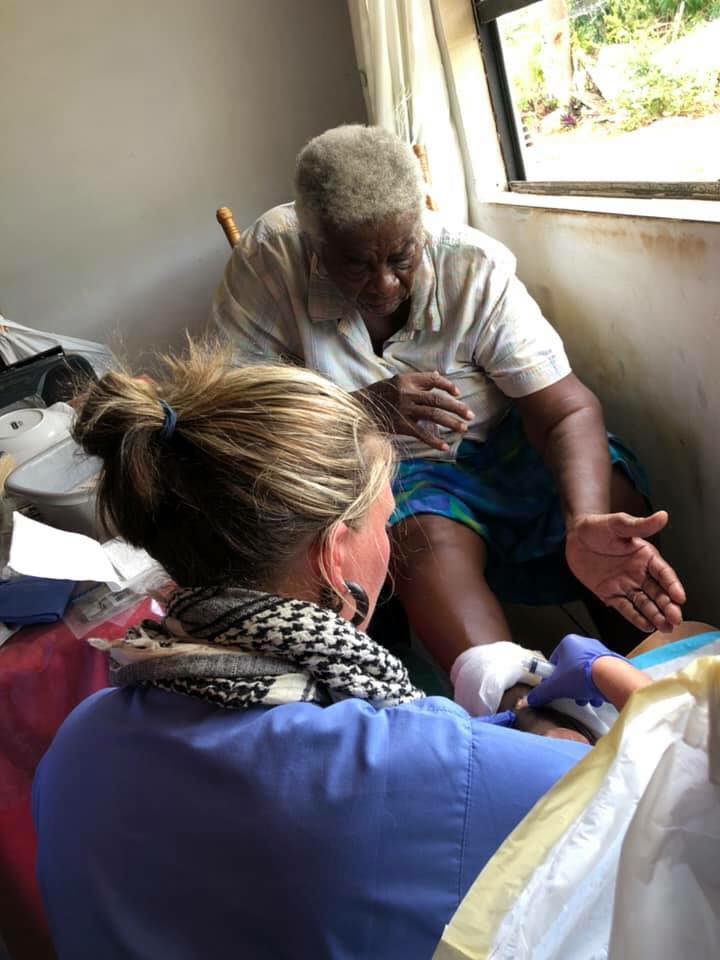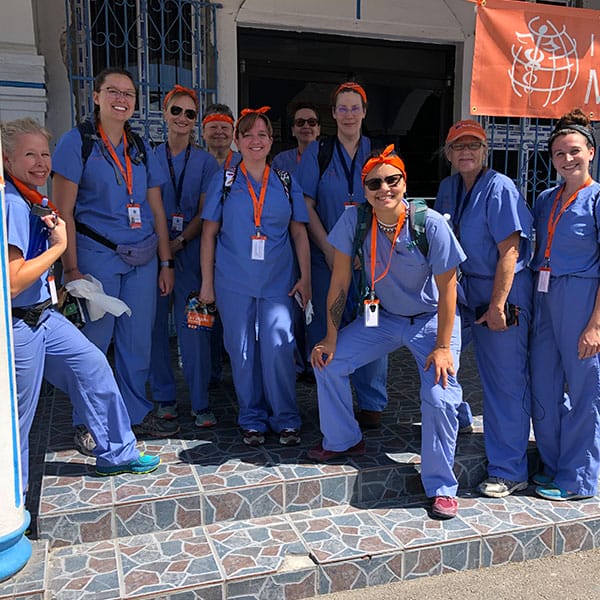Bahamas – Hurricane Dorian 2019 Disaster Response

On August 24, 2019, the Bahamas was hit with an extremely powerful and devastating category 5 hurricane named Dorian. Dorian continued to intensify over the following days and reached its peak with one-minute sustained winds of 185 mph (295 km/h) by September 1, 2019. It made landfall in the Bahamas in Elbow Cay and again on Grand Bahama several hours later. Dorian spent 36 hours over the Bahamas with high winds and torrential rains, swamping neighborhoods in muddy brown floodwaters and destroying or severely damaging thousands of homes and causing widespread power outages. Damage in the Bahamas was catastrophic due to the prolonged and intense storm conditions. Abaco and Grand Bahamas together have a population of approximately 70,000. It is believed that about 45 percent of the 13,000 homes on the islands were destroyed or severely damaged. The Abaco Islands were the most severely affected and the most impacted areas were primarily inhabited by vulnerable, undocumented migrant populations. By February 2020, the death toll rose to 74 with 282 people still reported missing.
Since Hurricane Dorian’s tragic landfall on nearby Grand Bahamas and Abaco Island, Nassau has experienced an influx of individuals as survivors seek refuge. Since then, the Bahamas became more vulnerable due to the destruction of local infrastructure and homes. This created a lack of access to clean water, toilets, and other resources that increases the community’s risk for diseases. Storm surge and flooding destroyed many people’s vehicles, making it difficult for them to come to central locations to receive supplies. Also, the aquifer that feeds the more than 200 wells from which Grand Bahamians draw water was contaminated with saltwater due to the high storm surge and extensive flooding. Residents were unable to use tap water to drink, wash dishes, brush teeth, or prepare food.
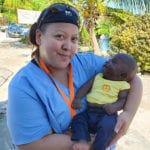
International Medical Relief (IMR) quickly responded to the Hurricane Dorian disaster to help survivors as medical demands continue to increase in an already strained system. IMR was able to send out 18 missions through September and October to provide disaster relief in 2019. IMR clinics are composed of both our corps of international medical staff and local providers who partner shoulder-to-shoulder to help deliver sustainable healthcare elevating access to care for our patients. During these 18 disaster medical and dental mission trips, a total of 153 volunteers and staff served over 3,000 patients. IMR provided much-needed aid to the local health care system during the recovery period. IMR teams that included EMTs, nurses, doctors, dentists, and students who reached beyond borders to treat acute and chronic illnesses, provide wound care and replace glasses and chronic medications where possible. During our urgent response to this disaster, IMR was able to provide a total aid value of $6,154,243.
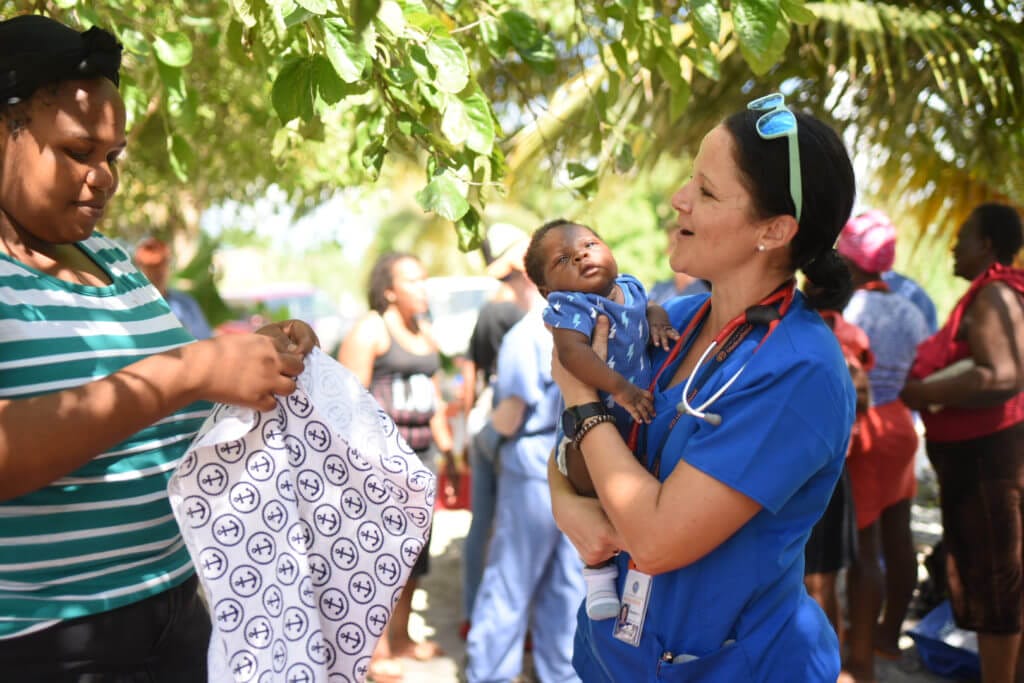
Our first responders medical team also provided community health classes to further the patient’s knowledge and education on health matters related to their personal health needs. During IMR’s critical work, we also provided 20 health education classes including hygiene, solar water disinfection, oral hygiene, sanitation, and others. Over 22,800 people participated in these education classes. Educating communities allow for locals to become more empowered by their health, as well as for the health of other community members. This model allows for both teaching and learning from both the provider and the patient to grow the health capacities of communities to help influence a better tomorrow. This education philosophy increases IMR’s goal of Sustainable Community Health Education.

Join Us in Making a Difference.
Bring much-needed acute medical and dental care to a beautiful, culture-rich destination. You can join an IMR medical mission team today!

